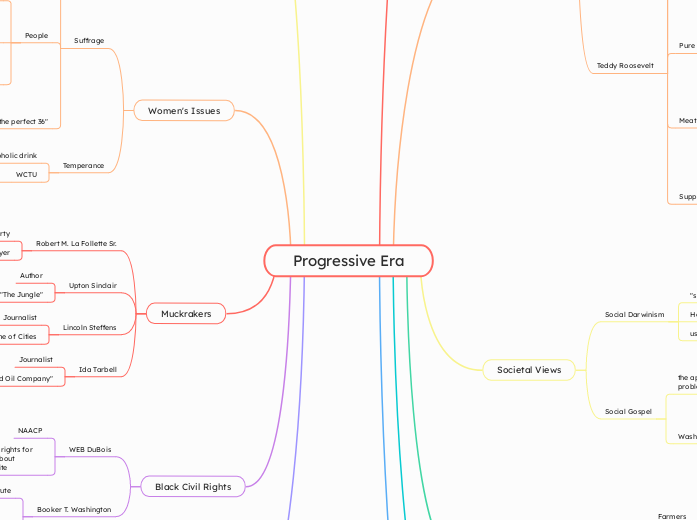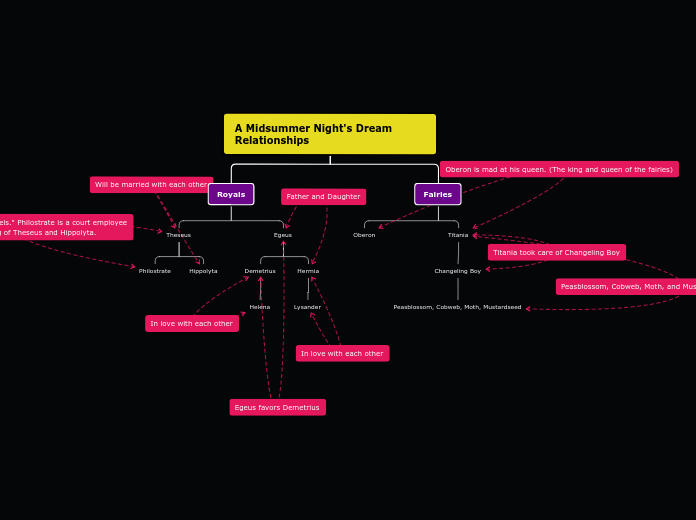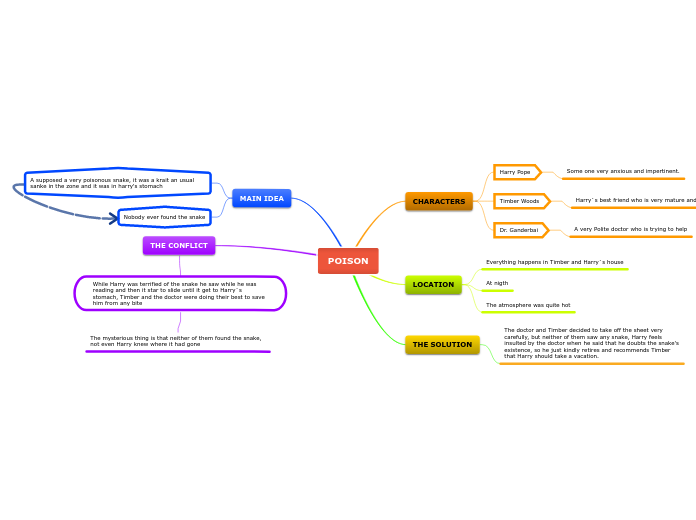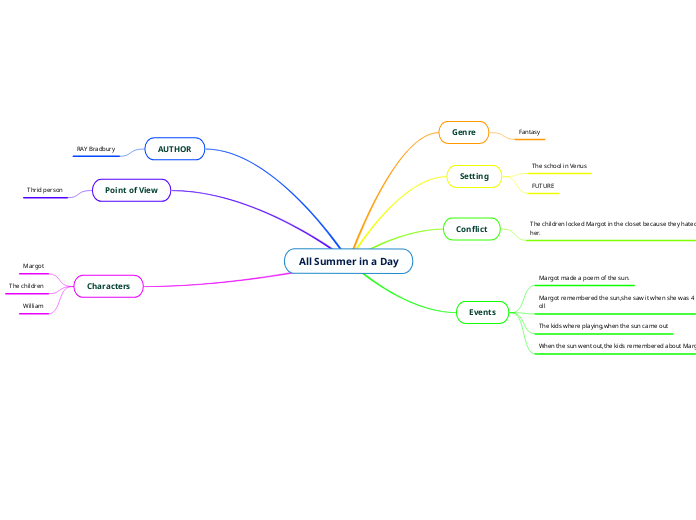Progressive Era
Trusts and Monopolies
Government Response
Clayton Antitrust Act of 1914.
upholds various rights of labor
defines unethical business practices
monopolies
price fixing
Sherman Antitrust Act of 1890
Senator John Sherman
prohibits activities that restrict interstate commerce and competition in the marketplace
Impact
Businesses
large companies eliminated competition
large companies controlled markets
large companies consolidated power
Workers
Bad working conditions
Gouging prices
Black Civil Rights
Booker T. Washington
believed that providing practical training for African Americans and helping them develop economic self-reliance
Tuskegee Institute
WEB DuBois
believed that full citizenship and equal rights for African Americans would be brought about through the efforts of an intellectual elite
NAACP
Muckrakers
Ida Tarbell
"The History of the Standard Oil Company"
Exposed the corrupted oil industry
Lincoln Steffens
The Shame of Cities
Exposed Corrupt Political Machines
Journalist
"The Jungle"
Exposed the meat packing industry
Author
Robert M. La Follette Sr.
Lawyer
Founded the Progressive Party
Women's Issues
Temperance
WCTU
1874
abstinence from alcoholic drink
Suffrage
"the perfect 36"
36th state to ratify the amendment
Alice Paul
Quaker and Women's rights Activist
one of the foremost leaders and strategists
Anne Dallas Dudley
worked to secure the ratification of the 19th
national and state leader of the movement
Carrie Chapman Catt
president of NAWSA
campaigned for the 19th amendment
the right to vote
Amendments
19th
June 4, 1919
Gave Women the right to Vote
18th
January 16, 1919
Made Alcohol Illegal
17th
April 8, 1913
Allowed voters to cast direct votes for U.S. senators.
Political Stuff
Primary System
vote directly for a candidate
Recall
remove an elected official from office
Referendum
voters approve or deny existing laws
Initiative
citizens bypass state legislature
Labor Movements
Responses of management and government
Government
gradually regulated business
Managment
resisted government intervention,
Prison Labor
Terrible Work Conditions
Coal Creek Labor Saga
a group of miners seized the Knoxville Iron Company stockade
People
Samuel Gompers
founded the American Federation of Labor
Eugene Debs
one of the founding members of the IWW
Union tactics
Boycotting
Picketing
Striking
Granger Movement
Populism
Andrew Jackson
strives to appeal to ordinary people
Conflict
Railroads
Price gouged farmers
Farmers
Debt Cycles
Overcharged for storage
In 1871 farmers were able to get a bill fixing maximum rates
Societal Views
Social Gospel
Washington Gladden
the application of Christian principles to social problems
Factory regulation
Shorter workweek
Abolition of child labour
Labour reforms
Social Darwinism
used to justify rich people
Herbert Spencer
"survival of the fittest"
Presidents
Teddy Roosevelt
Support for conservation
Wildlife refugees
National forests
National parks
"Conservation President"
Meat Inspection Act
Ensure that meat processing is sanitary
Upton Sinclair
Prevent Sale
Misbranded
Adulterated
Pure Food and Drug act
Consumer protection agency
Prohibited Sale
Adulterated
Misbranded
Trust Busting
Established a framework for regulation
Break up monopolies
Square Deal
Consumer Protection
Corporate Law
Conservation of Natural Resources
Woodrow Wilson
National Park Service
Organic Act
Conserve Wildlife
Conserve Natural and historic Objects
Conserve Scenery
The Federal Reserve Act
Federal Reserve System
serving as a lender of last resort.
managing the country's money supply
making loans
providing oversight to banks
New Freedom
Greater Economic Opportunity
Limited Government
Labor
Conditions
Long hours
Lack of safety codes
Crowded and dirty work conditions
Unions
Reforms
Work Hours
Child Labor
US Children's Bureau
Worked with NCLC
Pres. Taft
Keating-Owen Act
Fair Labor Standards Act
No shipment of kid made goods
National Child Labor Association
Lewis Hine
Photographer
Ban Child Labor
In 1900, U.S Census records indicated that 1 out of every 6 children between the ages of 5 and 10 were working









